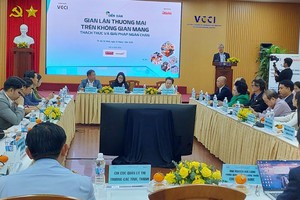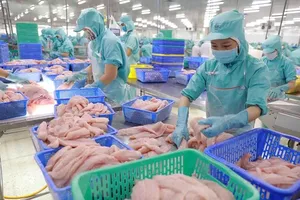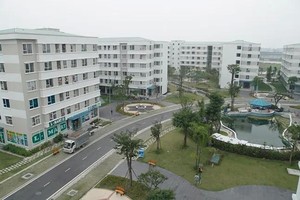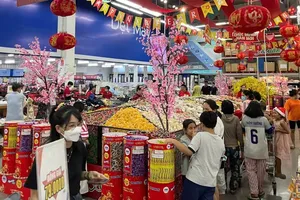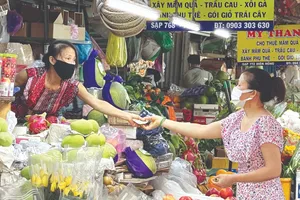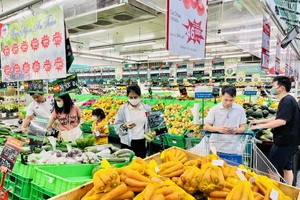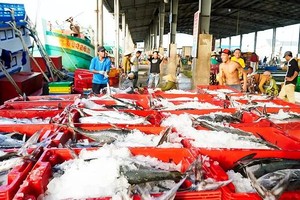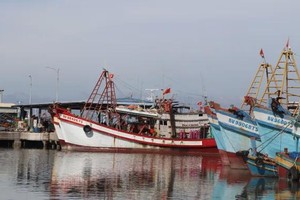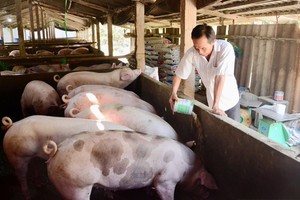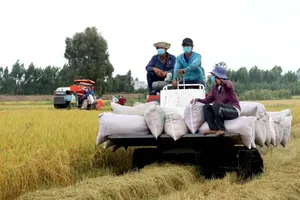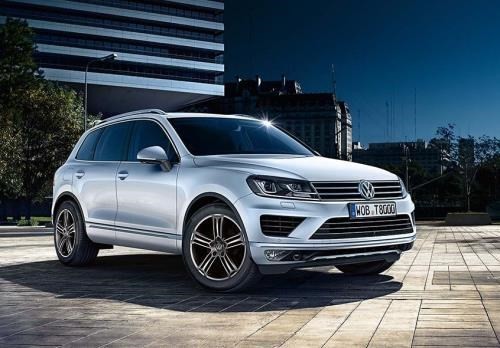
Many automakers launched promotions to trigger sales in August. Honda Vietnam cut the prices of its Civic, Accord and CR-V models by nearly 200 million VND (8,800 USD). Thaco slashed tens of millions of VND off best sellers like Kia Morning and Cerato. Meanwhile, Huyndai Thanh Cong offered discounts of 40-70 million VND (1,760- 3,080 USD).
However, sales of tourist, commercial and specialised cars experienced respective year-on-year declines of 4 percent, 7 percent and 12 percent.
The VAMA once forecast its car sales would grow 10 percent in 2017; however, the sluggish automobile market makes it unlikely this goal will be hit.
Slow sales during August-September, or lunar July, which is known as Thang Co hon (Month of lonely spirits) also contributed to the slow sales, as people traditionally keep purchases to a minimum during the unlucky period.
Additionally, consumers are awaiting further reductions in automobile prices as tariffs on completely-built-up (CBU) cars imported from ASEAN nations will fall to zero under the ASEAN Free Trade Agreement which will take effect at the beginning of 2018.
By the end of August, imports of CBU vehicles fell 5 percent to 65,490 units. Thailand remained the largest automobile exporter to Vietnam with 23,840 units, followed by Indonesia with 15,540 units and the Republic of Korea with 5,980 units.
Car sellers attributed the decline in CBU vehicles to the country’s unstable automobile market.
Automobile producers expect big sales at the outset of 2018, also lunar November, as Vietnamese customers tend to spend a lot during end-of-the-year shopping season.
However, sales of tourist, commercial and specialised cars experienced respective year-on-year declines of 4 percent, 7 percent and 12 percent.
The VAMA once forecast its car sales would grow 10 percent in 2017; however, the sluggish automobile market makes it unlikely this goal will be hit.
Slow sales during August-September, or lunar July, which is known as Thang Co hon (Month of lonely spirits) also contributed to the slow sales, as people traditionally keep purchases to a minimum during the unlucky period.
Additionally, consumers are awaiting further reductions in automobile prices as tariffs on completely-built-up (CBU) cars imported from ASEAN nations will fall to zero under the ASEAN Free Trade Agreement which will take effect at the beginning of 2018.
By the end of August, imports of CBU vehicles fell 5 percent to 65,490 units. Thailand remained the largest automobile exporter to Vietnam with 23,840 units, followed by Indonesia with 15,540 units and the Republic of Korea with 5,980 units.
Car sellers attributed the decline in CBU vehicles to the country’s unstable automobile market.
Automobile producers expect big sales at the outset of 2018, also lunar November, as Vietnamese customers tend to spend a lot during end-of-the-year shopping season.





